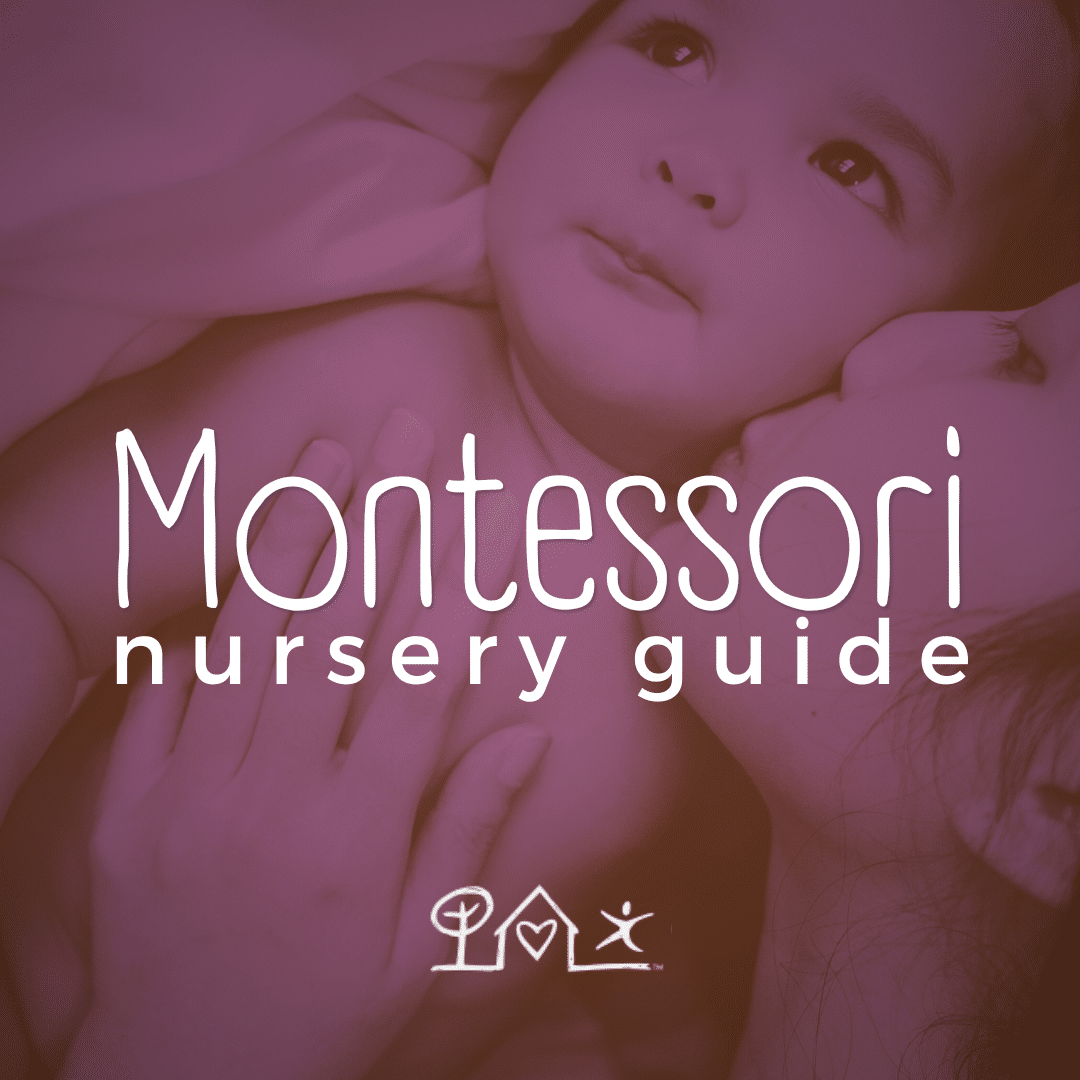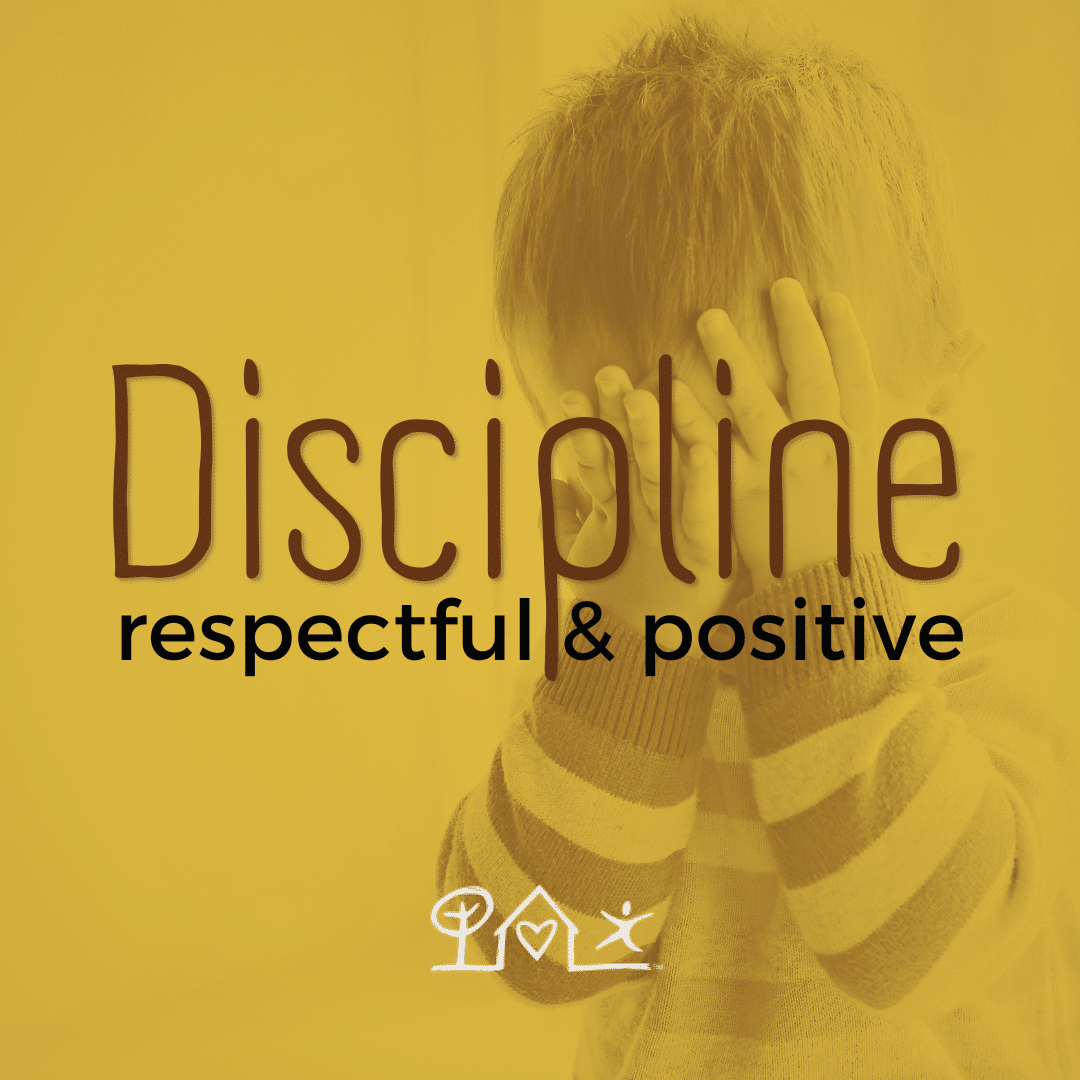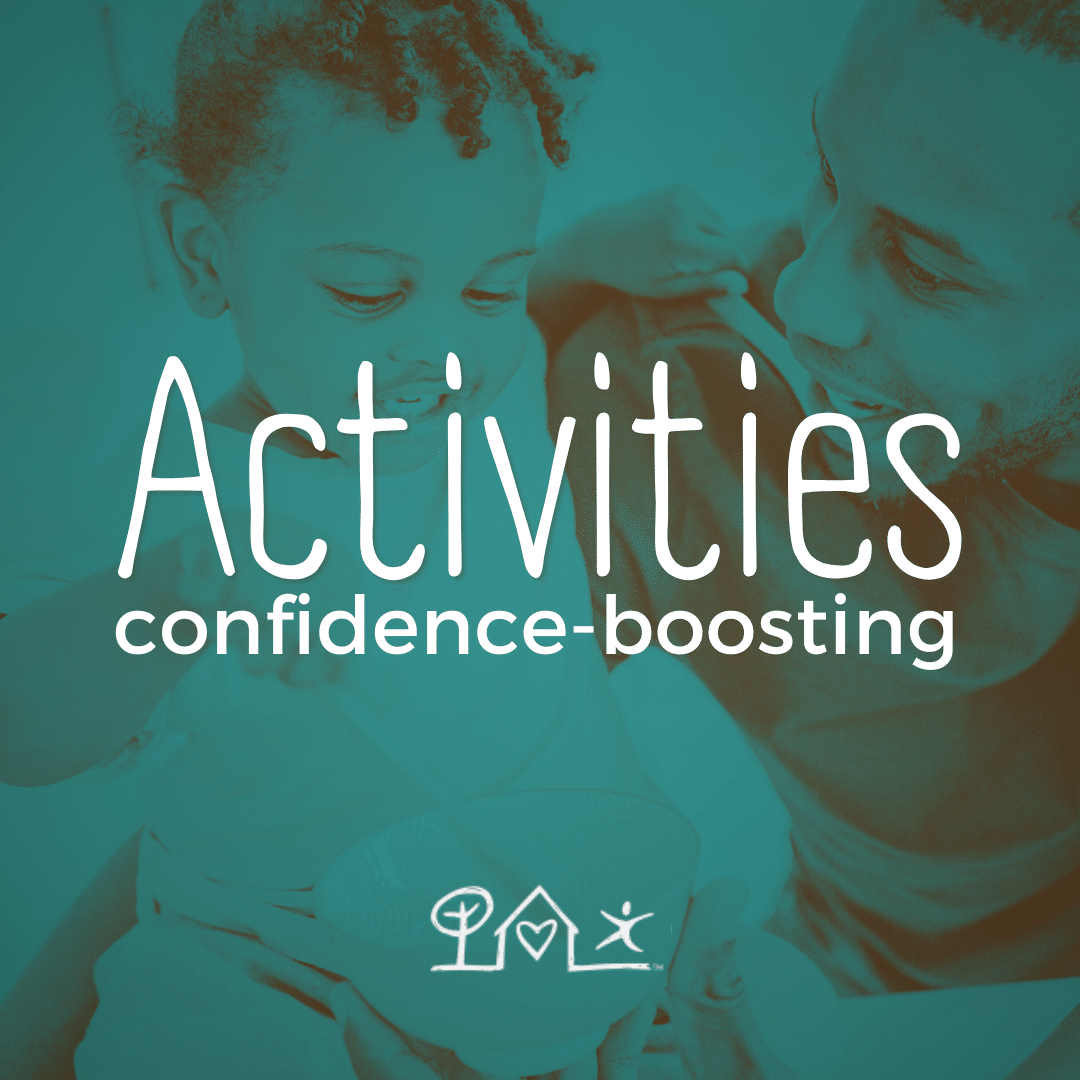Peeling A Hard Boiled Egg by Jeanne Marie Paynel from voilamontessori.com
FINDING JOY THROUGH CONCENTRATION
When parents choose to bring Montessori into their home and their child’s life, the questions they often ask themselves are: Where do I start? What do I focus on first? What should my priority be?
Anyone who works with children should have one goal in mind above any other: supporting concentration. As Dr. Montessori wrote, “The first essential for the child’s development is concentration. The child who concentrates is immensely happy.”
Why is concentration so important? When does it start? What activities foster it?
The importance of concentration lies in its ability to mold the brain. Extensive research has shown that the ability to concentrate can lead to better social skills, more empathy, less aggression, and feelings of happiness.
While it may seem that children are distractible and need to be encouraged to focus, the truth is that concentration is innate. Young infants, when placed in a peaceful environment, will concentrate on a slowly-moving object, such as a mobile or a swaying tree branch. Older babies show single-minded focus when moving their bodies towards an object of interest.
Of course, a young child’s developing brain is no match for our fast-paced, multimedia world. Research has shown a positive relationship between screen exposure and hyperactivity and has also associated loud, flashy toys with decreased cognitive development.
You can easily support your child’s ability to concentrate by providing a quiet, peaceful environment and simple, age-appropriate activities, like the one in today’s video. The qualities to think about when you’re setting up an activity include:
Real materials: Children will be more careful, and hence more focused, if they’re working with ceramic and glass objects.
Real purpose: If a child knows his work has a purpose, be it to feed himself or contribute to the family’s well-being, he’s more likely to remain focused.
Real challenge: Children gravitate towards activities that are just beyond their current ability level. Choose an activity that your child can ultimately be successful with, but which will require some effort and problem-solving.
My Montessori Parenting Program can provide the support you need to create a home environment where your child’s concentration can grow. Contact me today to find out more!
An egg-peeling activity provides much more than a tasty snack. Essential skills like focus, determination, and fine motor control make it a powerful developmental tool.
For more tips on how to introduce Montessori activities, read The Nine Key Points to Sharing a New Activity with Your Child.
P.S. Would you like my support and guidance setting-up your Montessori home? If, yes then go ahead and schedule a ‘Discovery Session’ with me. It’s free and you’ll know if we are a good fit. 😉







8 thoughts on “Peeling A Hard Boiled Egg”
Love this activity. I will try it with my 3 and 7 months son.
Perfect Z, I’m sure he will love it.
What an excellent explanation for such a simple & rewarding activity for a small child. Even my very busy child will sit still for this, with pleasure, calmly & quietly until the task is through. I remember thinking, “no way” but as it turns out most definitely. Thank you!
Yes, you will be surprised at how they can focus when they have something of great interest to do, especially food and water.
My son has been peeling eggs since about 18 months. He prefers to eat the ones he peels. I thought he was kind of young doing it but he tries to do most things we do.
Oh, that is wonderful! Yes, 18 months sounds about right. It is always surprising to see how capable they are when we follow their lead. Most children will eat what they have prepared, which is another reason to involve them in food preparation. Thanks for sharing.
“Never help a child with a task at which he feels he can succeed.” – Maria Montessori.